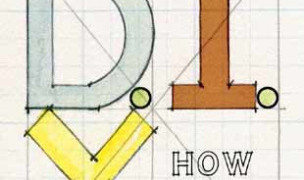 2 Terms
2 TermsHome > Industry/Domain > Water bodies > Glaciers
Glaciers
A glacier is a large persistent body of ice that forms where the accumulation of snow exceeds its ablation (melting and sublimation) over many years, often centuries. Glaciers slowly deform and flow due to stresses induced by their weight, creating crevasses, seracs, and other distinguishing features. They also abrade rock and debris from their substrate to create landforms such as cirques and moraines. Glaciers form only on land and are distinct from the much thinner sea ice and lake ice that form on the surface of bodies of water.
Industry: Water bodies
Add a new termContributors in Glaciers
Glaciers
mass budget
Water bodies; Glaciers
A measure of the change in mass of a glacier at a certain point for a specific period of time. The balance between accumulation and ablation.
glacial lake
Water bodies; Glaciers
An accumulation of standing liquid water on (supraglacial), in (englacial), or under (subglacial) a glacier.
drift
Water bodies; Glaciers
A collective term used to describe all types of glacier sedimentary deposits, regardless of the size or amount of sorting. The term includes all sediment that is transported by a glacier, whether it ...
end moraine
Water bodies; Glaciers
A cross-valley, ridge-like accumulation of glacial sediment that forms at the farthest point reached by the terminus of an advancing glacier.
remnant
Water bodies; Glaciers
An isolated melting mass of glacier ice, that has become detached from its source and the remainder of the glacier. Some remnants cover many square miles.
ice-cored moraine
Water bodies; Glaciers
A moraine ridge consisting of a drape of sediment overlying a mass of stagnant ice.
outwash plain
Water bodies; Glaciers
A broad, low-slope angle alluvial plain composed of glacially eroded, sorted sediment (termed outwash), that has been transported by meltwater. The alluvial plain begins at the foot of a glacier and ...
Featured blossaries
weavingthoughts1
0
Terms
1
Blossaries
0
Followers
Best Places to visit in Thane
 2 Terms
2 Terms2la
0
Terms
16
Blossaries
4
Followers
I Got 99 Problems But A Stitch Ain't One.
 9 Terms
9 Terms
